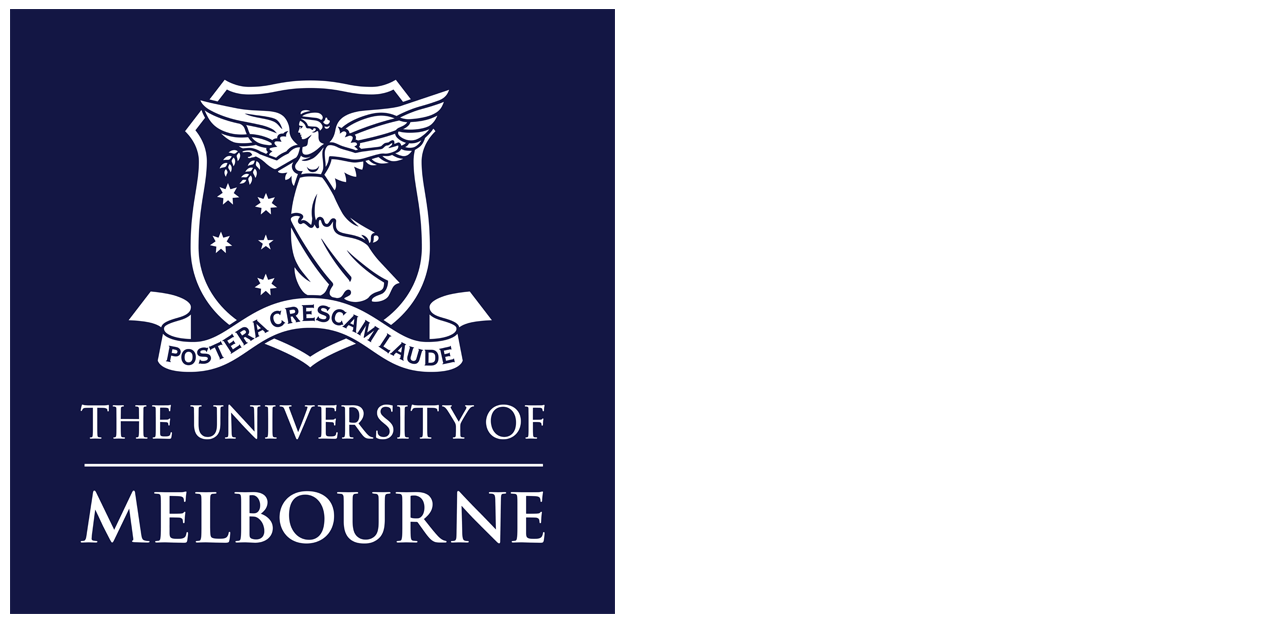

This event is hosted by the Melbourne Centre for Data Science and focuses on deep learning and data science through two perspectives and applications. Hear from experts in mathematics and urban design.
Selection strategies for labelling within a dataset
Presented by Evelyn Mannix, Melbourne Centre for Data Science
In numerous machine learning applications, labeling large image datasets can be an arduous and time-consuming task. Although research has shown that semi-supervised learning techniques can achieve high accuracy with very few labels, little attention has been given to how images within a dataset should be selected for labeling.
In this talk, they propose a solution to the challenge of selecting an informative subset to label initially, known as the cold-start problem. They test our approach using several publicly available datasets, namely CIFAR10, Imagenette, DeepWeeds, and EuroSAT, and observe significant improvements in accuracy using semi-supervised learning when our label selection strategy is employed, in comparison to random sampling.
Self-supervised computer vision for scalable urban analysis
Presented by Sachith Seneviratne, Transport, Health and Urban Design Research Lab (THUD)
Cities account for more than half of the human population, and yet the quantitative analysis of the urban form remains challenging due to both the scale of analysis as well as the lack of robust labelled data. In this talk, we present efficient computer vision based deep learning workflows for effectively analyzing urban form at national/global scale. We present the use of remote sensing imagery in conjunction with self-supervised learning for various downstream tasks including infrastructure analysis, biodiversity preservation, fire-risk prediction and highlight how self-supervised techniques can enable label efficient performance on publicly available benchmarks for land use classification and change detection.
Light Morning Tea will be served.